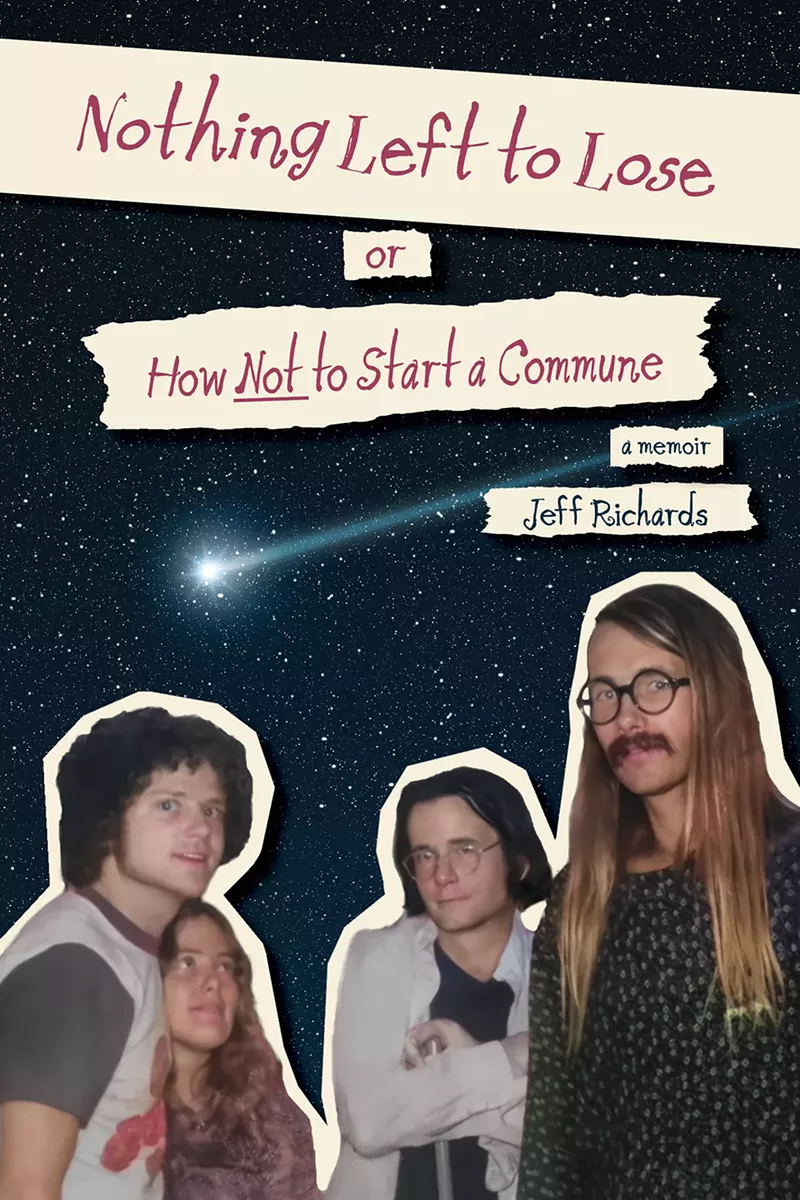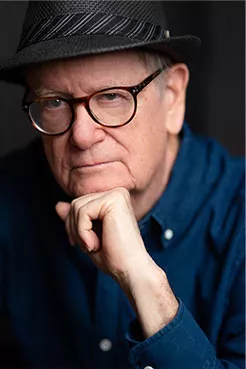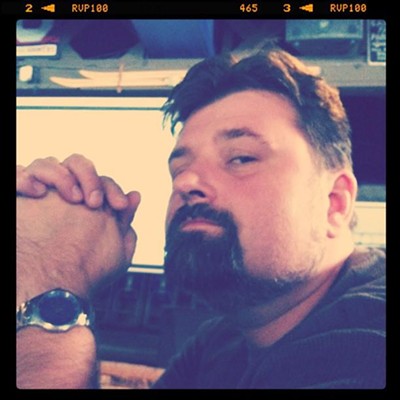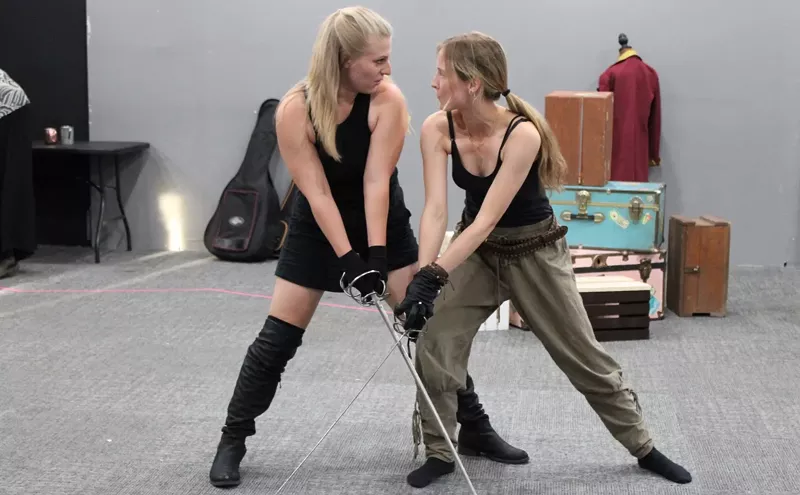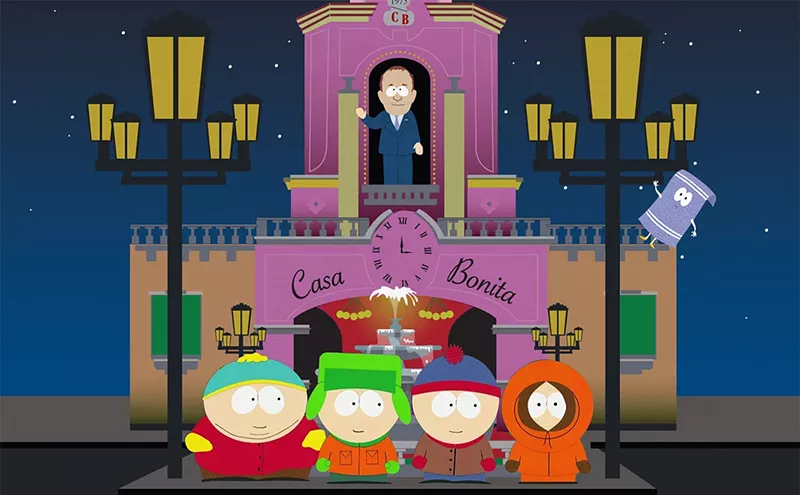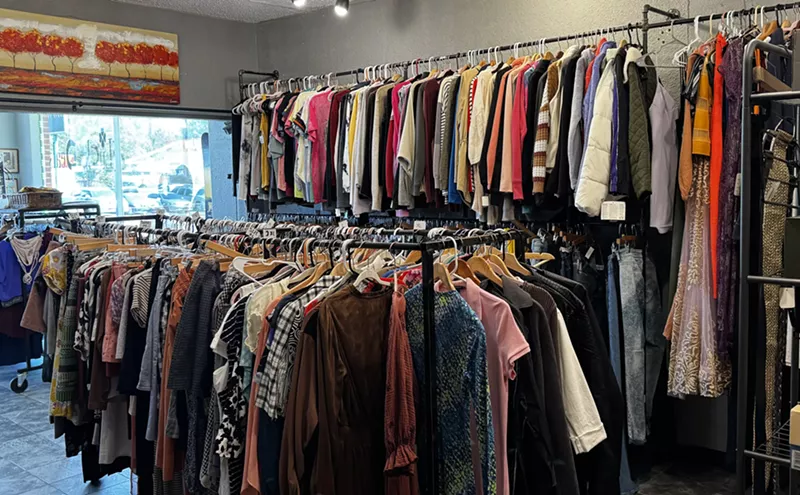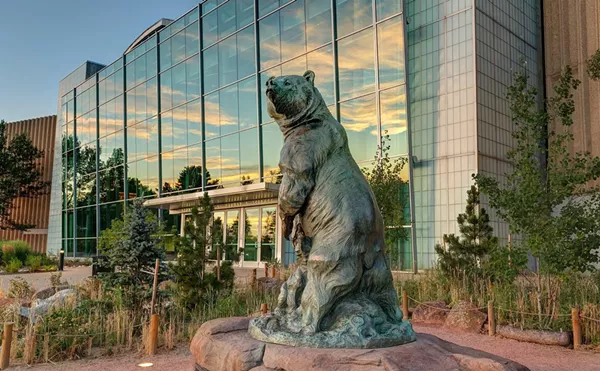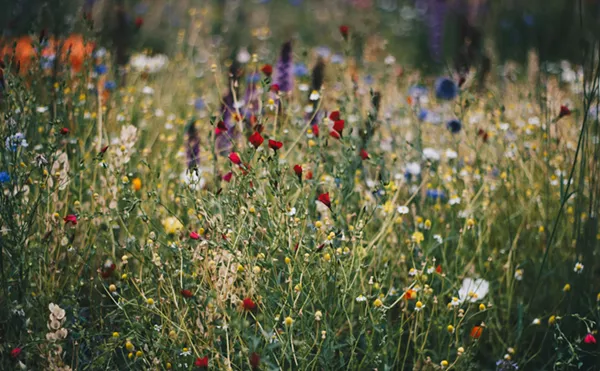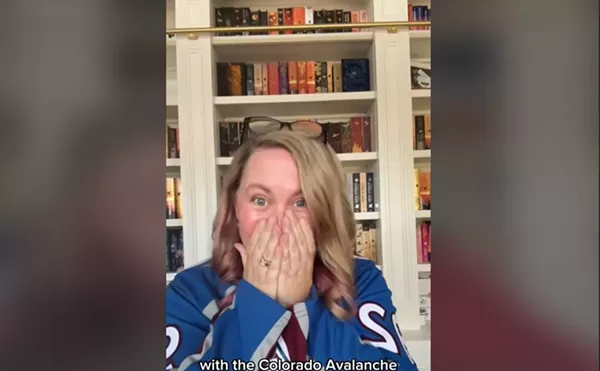Denver author Jeff Richards remembers the Summer of Love in Colorado with a deeply felt and full-hearted affection...even if it's a little hazy.
The haze was purposeful, of course. Self-imposed, courtesy of the drugs that promised to take the world away for a while, a world that was both promising and threatening, one that Richards wanted to both embrace and escape at the same time.
So what better, he and his friends decided, than to start a commune in Colorado? To live off the land, to be left alone to find their way and fall in love and listen to music and watch the clouds and the world outside roll on by? It's a lovely dream, one characteristic of 1967, but also one that's often shared (no matter the era) by people in that liminal space between high school and whatever adulthood holds for them. That time when anything's possible, and so much seems impossible at the same time.
Much like the dream of the commune, which never really happened. Life intervenes. Romance doesn't last. Survival kicks in. The drugs that loosen the mind start making demands on money and time. And so on. Turn, turn, turn.
Such is the story of Jeff Richards' new memoir Nothing Left to Lose (or, How Not to Start a Commune), which launched earlier this year and is available now on Richards' website.
Richards says he wrote the book as a tribute to his friend and co-conspirator in the book, Rick Sager. "He was a great buddy of mine, so I wanted to write the story of our travels before we started our real lives. Got married, had kids, careers, that sort of thing," Richards says. "Rick died in 2017, and that's when and why the book started. It was really about him."
Richards met Sager in the dining hall at Denison College, a liberal arts school in Ohio, and eventually shared a drooping, dilapidated apartment near campus. It was there that they decided to start a commune out in the Rocky Mountains. "It was a sign of the times, sure," Richards recalls. "But honestly, it was just an idea we went with. There wasn't much thought put into it. It was something to do after college."
They'd read about communes, and perused the Whole Earth Catalog, which Richards says they studied "probably in too relaxed a way."
The reality, of course, didn't live up to the dream. "Living with a bunch of people and sacrificing certain parts of your personality in order to do it," says Richards, "that's pretty tough to do. We found out that we weren't really into that fairly quickly."
The decision to come to Colorado wasn't even about Colorado. "Rick's sister had gotten accepted at Denver University," says Richards. "And I was interested in pursuing her, and so we followed her, really. But the idea was to start an agricultural community up in the mountains. We didn't know a thing about it. Nothing. We were English majors. Everything we knew came from what we read, and we clearly didn't read thoroughly enough."
But they were serious enough that they worked for a short time with a realtor, looking for a location upon which to found their commune. "Turns out the only place we could afford was an A-frame," Richards recalls. "Just a shell of a place. No electricity, nothing else. But it had a huge field, maybe ten acres. We'd mentioned that we wanted to farm up there, and the realtor asked if we were going to grow marijuana. We said no — we wanted to grow crops. We wanted to feed ourselves. He looked at us like we were crazy. What we didn't know was that marijuana was pretty much all you could grow up there."
So Richards and Sager found themselves back down in Denver, renting a place at 13th and Corona. "We did our best to live, worked enough to get by. Denver wasn't so big back then," says Richards. "I remember going from Denver to Boulder, and there was nothing there. Practically empty, nothing but land. And Denver was still a cowtown. You could still smell the stockyards when the wind blew the wrong way."
Richards says he spent his time hitchhiking from Denver to the East Coast and back again. He went to demonstrations — many of the events now referred to as the March Against Death. But eventually, he and Rick moved to Boulder and worked at some restaurants for the summer, and when school started again and the rent went up, they moved to Nederland.
But all dreams end, and eventually, so did Richards' Colorado aspirations. "I moved back east to go to graduate school, and that's where I met my wife, which was sort of my goal. None of my Colorado romances had panned out really, and I chose a school where the ratio of women to men was about eighteen to one. So my odds were good."
Richards ended up living in the DC area for almost forty years, raising a family and building a life that was far from the commune living he'd envisioned. But as luck and life will have it, he brought his kids back to Colorado several times over the years, to visit his old haunts, and they fell in love with it. When they moved here, Richards and his wife followed, and they now have a place only blocks away from that old crash pad on 13th and Corona.
Full circle. Turn, turn, turn.
Jeff Richards' memoir Nothing Left to Lose (or How Not to Start a Commune) is available now. For more information, check out his website.

Audio By Carbonatix
[
{
"name": "GPT - Billboard - Slot Inline - Content - Labeled - No Desktop",
"component": "23668565",
"insertPoint": "2",
"requiredCountToDisplay": "2"
},{
"name": "STN Player - Float - Mobile Only ",
"component": "23853568",
"insertPoint": "2",
"requiredCountToDisplay": "2"
},{
"name": "Editor Picks",
"component": "17242653",
"insertPoint": "4",
"requiredCountToDisplay": "1"
},{
"name": "Inline Links",
"component": "18838239",
"insertPoint": "8th",
"startingPoint": 8,
"requiredCountToDisplay": "7",
"maxInsertions": 25
},{
"name": "GPT - 2x Rectangles Desktop, Tower on Mobile - Labeled",
"component": "24956856",
"insertPoint": "8th",
"startingPoint": 8,
"requiredCountToDisplay": "7",
"maxInsertions": 25
},{
"name": "Inline Links",
"component": "18838239",
"insertPoint": "8th",
"startingPoint": 12,
"requiredCountToDisplay": "11",
"maxInsertions": 25
},{
"name": "GPT - Leaderboard to Tower - Slot Auto-select - Labeled",
"component": "17676724",
"insertPoint": "8th",
"startingPoint": 12,
"requiredCountToDisplay": "11",
"maxInsertions": 25
}
]

